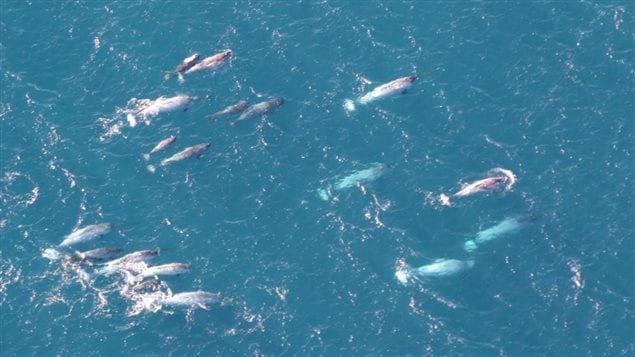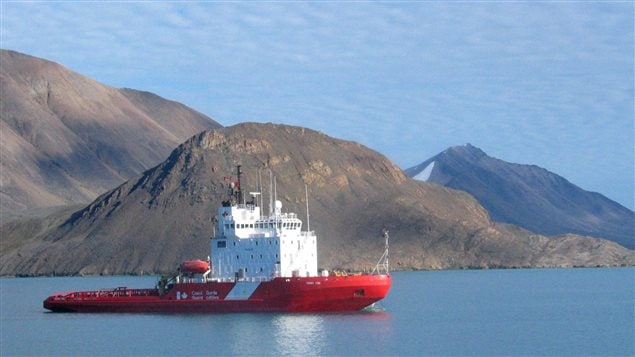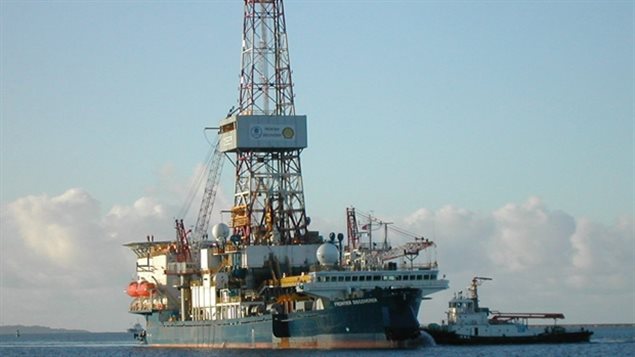Environmental groups are welcoming an announcement by the U.S. and Canada that they will freeze future oil and gas drilling in their Arctic waters.
U.S. President Barack Obama announced Tuesday that most of the Chukchi and Beaufort seas off the coast of Alaska will be off limits to offshore oil and gas leasing, while Prime Minister Justin Trudeau pledged to make all Canadian Arctic waters off limits to future drilling and will review the decision every five years.
“I’m thrilled with it,” said Paul Crowley, vice-president for Arctic conservation at World Wildlife Fund – Canada. “I’m thrilled that Canada and President Obama have continued their leadership on these issues.”
‘Realistic policy’
Putting a moratorium on oil and gas development in the Arctic is a realistic policy, Crowley said.
“It makes a lot of sense in terms of the environment, it makes a lot sense in terms of turning a corner on greenhouse gas emissions,” Crowley said. “We need to leave a lot of oil and gas in the ground if we’re going to keep the temperature rise below 1.5 degrees, which is what the Arctic needs to be able to get through the changing climate.”
(click to listen to the full interview with Paul Crowley)
Listen
The move aims to protect the “incredibly unique and vibrant ecosystems,” the interests of indigenous people and minimize the risks of oil spills in remote areas.
David Miller, president and chief executive of WWF – Canada, called the actions “significant steps toward the protection of the Arctic’s unique ecosystems, including polar bears, narwhal, seals, walrus, and beluga and bowhead whales.”
Promoting sustainable Arctic shipping
The WWF also applauds the government’s commitment to work with Inuit to protect the environment while promoting sustainable development in the Arctic.
“As ice-free Arctic summers become a more frequent reality, ship traffic is only expected to increase in the Arctic,” Crowley said. “Today’s announcement reaffirms that there is an opportunity now to enact regulations to ensure the safe passage of ships through Arctic corridors, with minimal disruption to marine habitats.”
He also praised the commitment to phase down the use of heavy fuel oil, also known as bunker oil, in the Arctic as an important step the long-term survival of species and Arctic communities.
Building up local maritime capacity

Christopher Debicki, Nunavut project manager for The Pew Charitable Trusts’ Oceans North Canada, welcomed the commitment by Ottawa to assist northern communities in developing alternatives to their current reliance on diesel for power generation.
(click to listen to the full interview with Chris Debicki)
ListenOceans North also welcomes the government’s intention to continue to invest in creating sustainable transportation corridors in the Arctic, Debicki said.
“We really applaud the commitment by the federal government to invest in local maritime capacity, both in terms of jobs and training for people in the North but also infrastructure based in the North,” Debicki said. “There really needs to be a significant buildup of local capability so we’re not just reliant on seasonal presence of icebreakers based in southern Canada but there is actually some maritime capacity locally.”







For reasons beyond our control, and for an undetermined period of time, our comment section is now closed. However, our social networks remain open to your contributions.